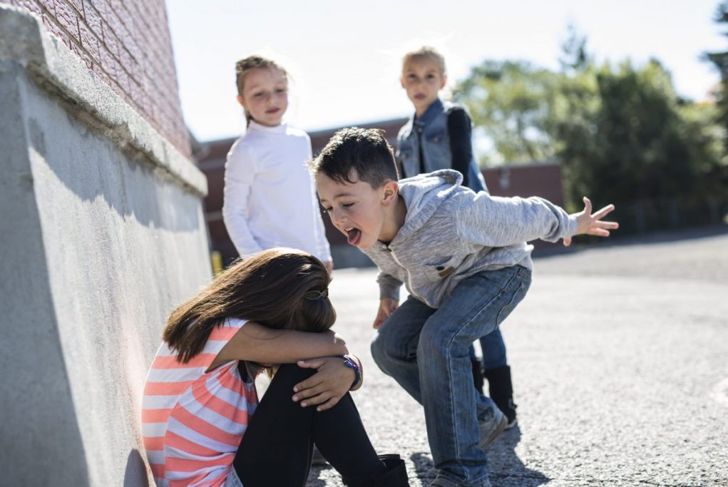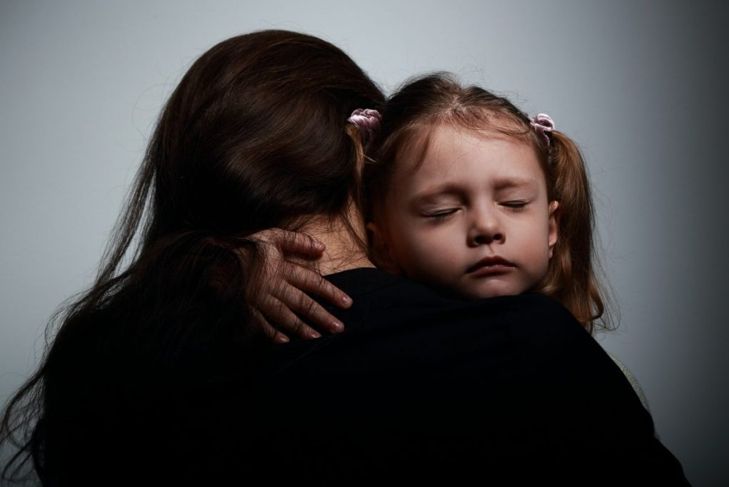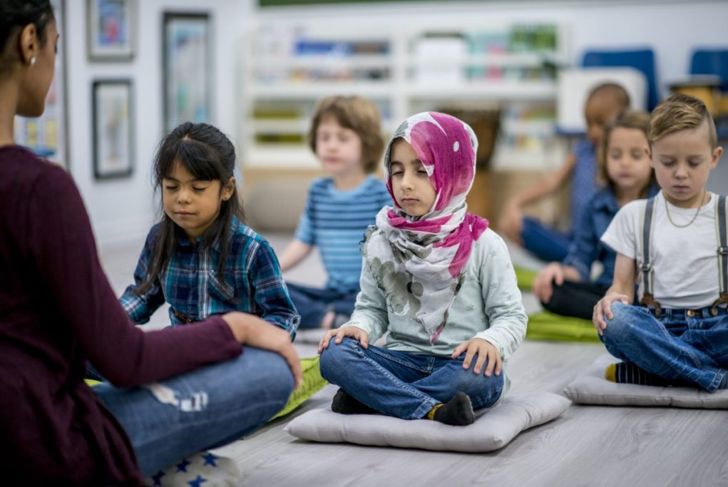Parents often find themselves dealing with children who challenge the rules of the house. Toddlers and young children often explore their boundaries to determine what they can get away with. Older children and teens may challenge the authority of adults as they approach an age of independence. There is a difference between clinical disorders that necessitate medical treatment and behavioral issues that parents deal with on a weekly basis. Many behavior problems can be dealt with using creative solutions in the home. Common behavioral issues in children include everything from lying to physical aggression.
Lying to Parents and Others
Lying is one of the most common behavior problems that parents will run across with their children. The reasons behind children lying can be simple, like an attempt to stay out of trouble, to complex, such as stretching the truth to impress or influence others. Although lying is usually a minor problem, it can cause problems of long-term trust between parent and child.
Defiance or Disrespect
This is a concern for many parents. Children who defiantly refuse to listen to their parents or the rules of authority run the risk of continuing defiance into adulthood. Unfortunately, defiance and disrespect are two of the most common forms of behavior problems. Children inevitably want to follow their own desires and may not understand the necessity of adhering to a particular set of rules. As children get older, disrespect may get out of hand. Parents can deal with disrespectful and defiant children by keeping the line of communication open and handling problems with compromise and compassion.
Bullying
This behavior problem can lead to many problems in the future. Bullying may occur in a group setting or individually and is usually carried out by children who feel threatened themselves in one way or another. As a prevalent problem in society, bullying should be handled swiftly so that those being bullied aren’t forced to sacrifice quality of life. Physically or mentally picking on those who are different or spreading rumors about someone’s character or actions are only a few of the forms bullying takes. Younger children should be taught to treat their peers with equal respect and kindness.
Aggression
Perhaps the most dangerous behavioral problem, aggressive tendencies need to be addressed before they grow to uncontrollable levels. Children who regularly become aggressive with siblings, peers, and family often do so because they are angry or hurt by prior events. A child with aggression issues may also have a medical condition that predisposes them to aggression, while others simply act out because they see their loved ones doing the same. Aggression can include hitting, kicking, biting, smacking, and other unwanted physical contact.
Separation Anxiety
Separation anxiety is more common than people may realize. This behavioral issue often manifests in younger children. It can also strike in older children who have experienced the loss of a parent or another traumatic event. In some cases, children whose parents start working outside the house after years of staying home can develop separation anxiety. Symptoms of separation anxiety include crying, temper tantrums, or defiance when a parent is preparing to leave home. Sometimes, treatment such as talk therapy can help alleviate symptoms. It is also possible that a child will outgrow their anxiety or become accustomed to the new routine.
Temper Tantrums/Manipulation
Most people know children have temper tantrums, particularly younger children who have not learned how to properly communicate their feelings. Tantrums can occur among children who are so used to getting what they want that they cannot handle a negative reaction. Kicking walls, stomping, crying, and general destruction exemplify the childhood temper tantrum. In more serious cases, children may resort to hitting themselves or pulling their own hair. For older children, manipulation might take the place of a physical temper tantrum. Teens may try to make parents or loved ones feel guilty about not allowing them to do what they want.
Use of Profane or Inappropriate Language
Using profane or vulgar language can be a product of a child’s home environment, but they may also pick up inappropriate terms from other people or media. Younger children may use these words to test boundaries. For older children, cussing or being rude can serve to garner attention and respect from their friends, who think that they are “cool,” or to provoke negative reactions from their parents.
Excessive Excitability
Children are naturally excitable and inquisitive; however, some children take rowdy behavior to a higher level. Whether they place themselves in the middle of chaos to attract attention or because they feel the need to express themselves, a constant state of excitability can disrupt day-to-day activities and turn parents into stressed-out wranglers.
When Common Behaviors Become Clinical
There is a fine line between excitability that comes as a result of too much sugar or overtiredness to excitability caused by chemical imbalance and larger medical issues. When common behavioral problems turn into chronic issues within a family, a medical evaluation can answer a lot of questions. Children diagnosed with obsessive-compulsive disorder, depression, or ADHD can benefit from therapy or medication.
Natural Solutions to Complex Problems
Discipline is the first line of treatment for some behavioral problems. For others, direct discussions or, finally, professional intervention may be required. In addition to medication and psychology-based treatment, more and more parents and caregivers are turning to natural alternatives, and schools and care centers are beginning to offer non-pharmaceutical alternatives such as meditation, music therapy or aromatherapy.

 Home
Home Health
Health Diet & Nutrition
Diet & Nutrition Living Well
Living Well More
More




















